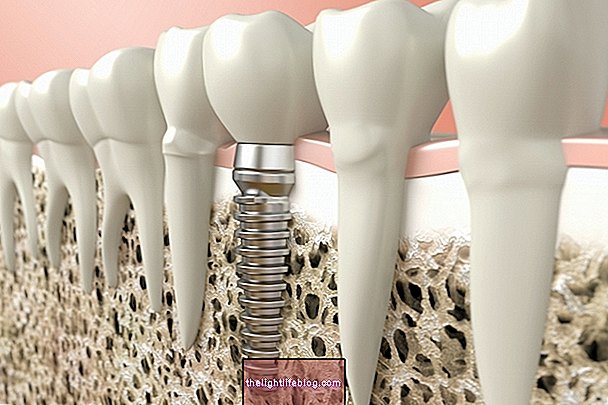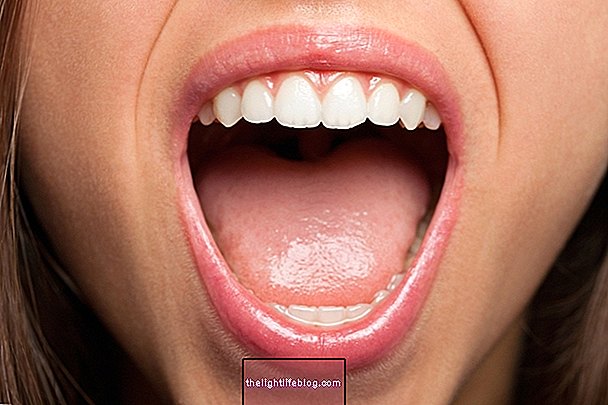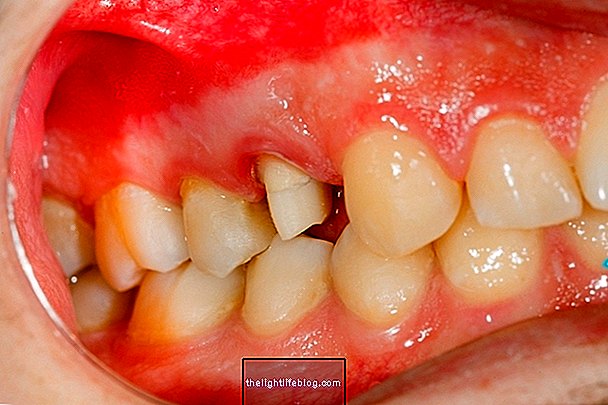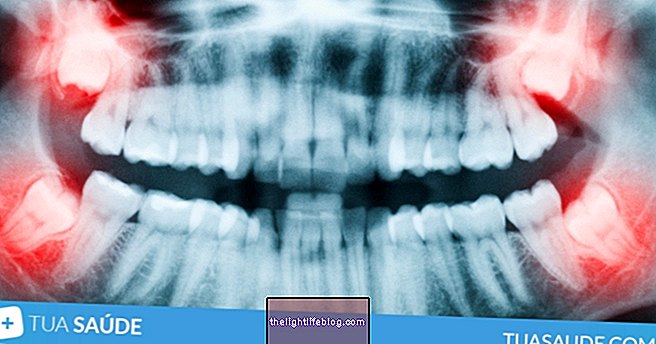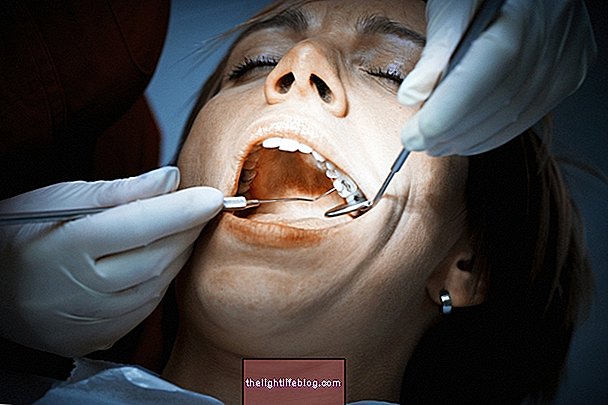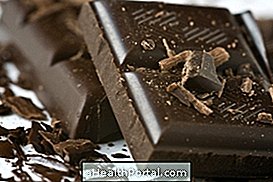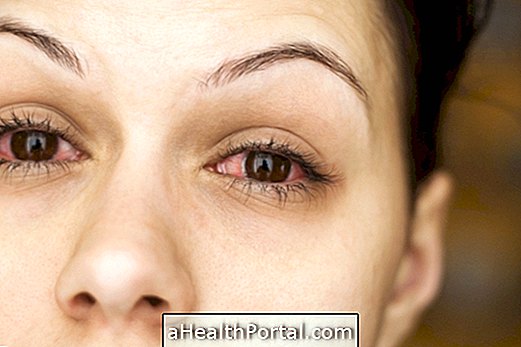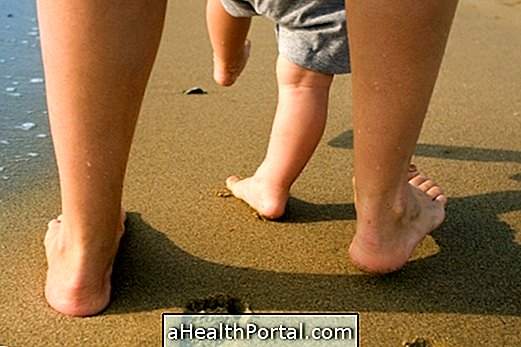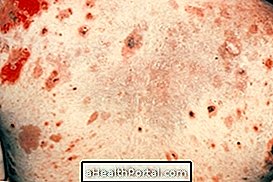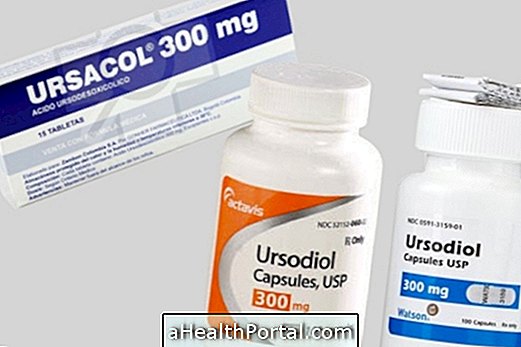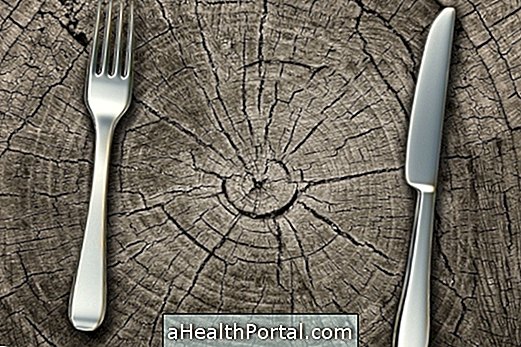Each child has their own sensitivity to developing cavities, so although some children never seem to have this problem, others have it more regularly. However, there are some simple cares that can reduce the onset of cavities:
- Brush your teeth 2 times a day, and 30 minutes after consuming very sweet foods;
- Pass the dental floss between your teeth whenever you brush;
- Reduce sugar consumption by eating a healthy and balanced diet;
- Use fluoride - containing folders properly. See recommended amounts at each age;
- Go to regular dental appointments at least 2 times a year.
These care should be maintained even in children who have never had cavities, as they ensure correct dental health, avoiding tooth and gum problems in adolescence and adulthood.

In addition, it is also important to be aware of the formation of bacterial plaque on the teeth, which is the appearance of a yellowish mass in the union between the teeth and the gums. Usually, this mass means that the bacteria are accumulating in the tooth, and although caries has not yet arisen, it may develop in a short time. If it does, the plaque should be removed at the dentist. See more about plaque and how to avoid it.
When to start brushing your teeth
The teeth should be brushed from the first moment they arise, even if they are the ones of milk, since their health guarantees a better development of the permanent teeth.
Initially, when the child still can not spit, one should only brush their teeth with water, but when they already know how to spit, it is recommended to start using a 500 ppm fluoride toothpaste at least until the age of 6 years. age. After that age, the paste may already be equal to that of the adult with 1000 to 1500 ppm of fluoride.
A good tip to encourage your child to brush his teeth is to show plaque formation on his teeth if this is happening and explain that it is made up of bacteria that "eat" and destroy teeth.
How to eat sweets without having cavities
It is very important to avoid frequent consumption of sweet foods, because the high sugar content in most of these foods facilitates the development of bacterial plaque, increasing the risk of cavities.
However, since it is very difficult to prevent the child from eating sugar, there are some tips that ensure a more "safe" consumption of sweet food for the teeth:
- Do not make the habit of eating a candy every day;
- Avoid sugar consumption before bedtime, at least up to 30 minutes before brushing your teeth;
- Chew a sugarless gum after eating a candy, to aid in the formation of saliva to clean the teeth;
- Prefer sweets with less sugar, for example avoiding cakes covered with caramel, which can stick to the teeth.
In addition, regular consultations at the dentist also help eliminate all plaque, preventing the onset of cavities.

